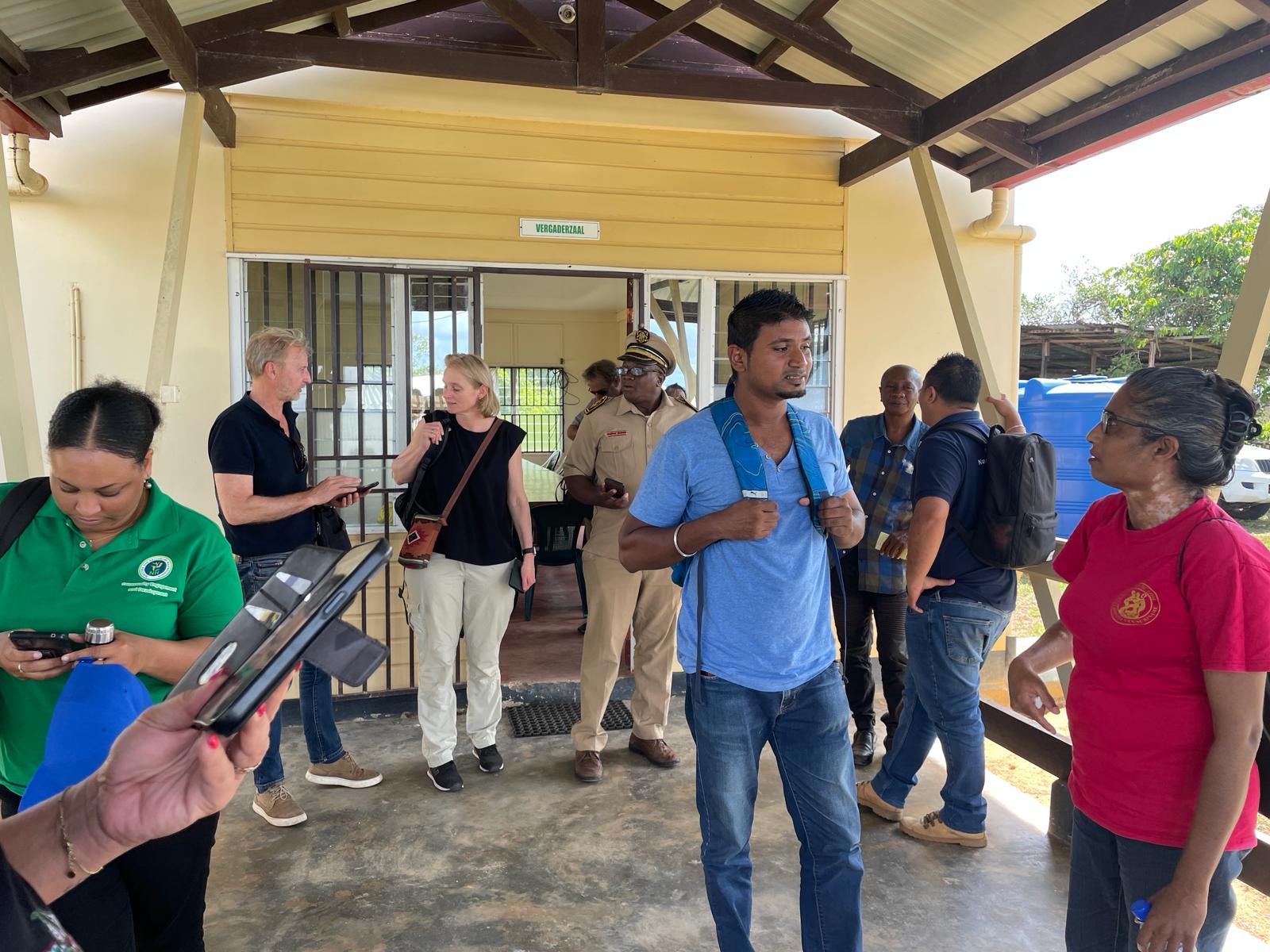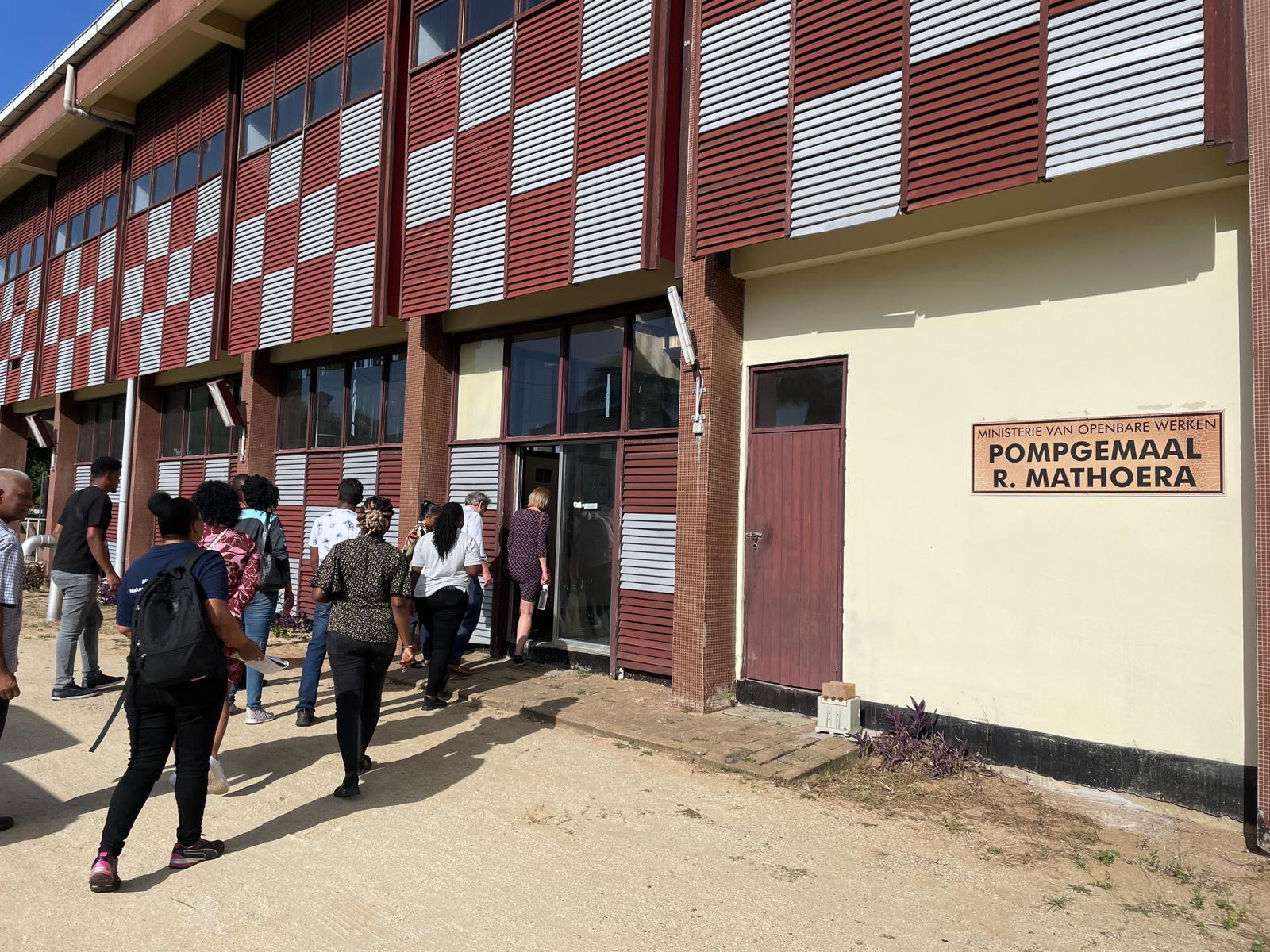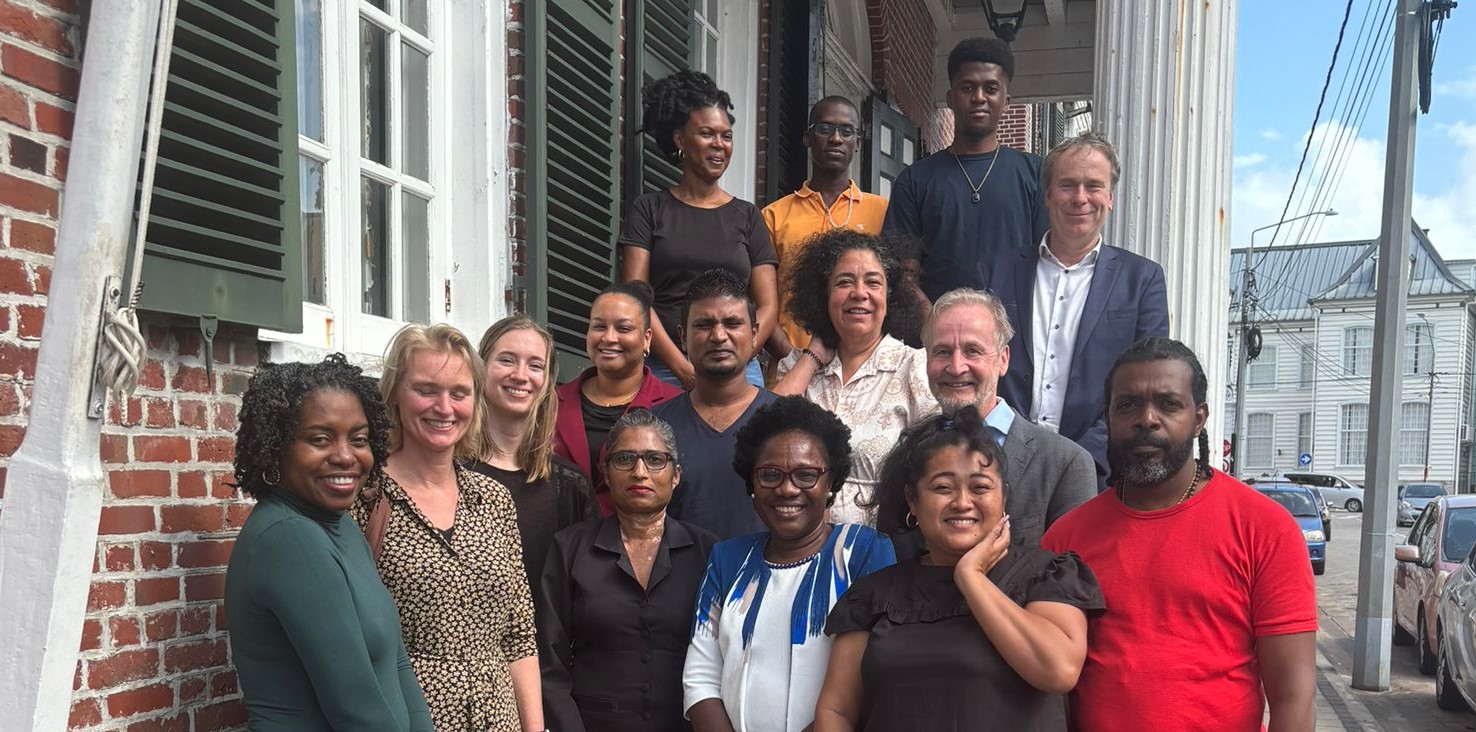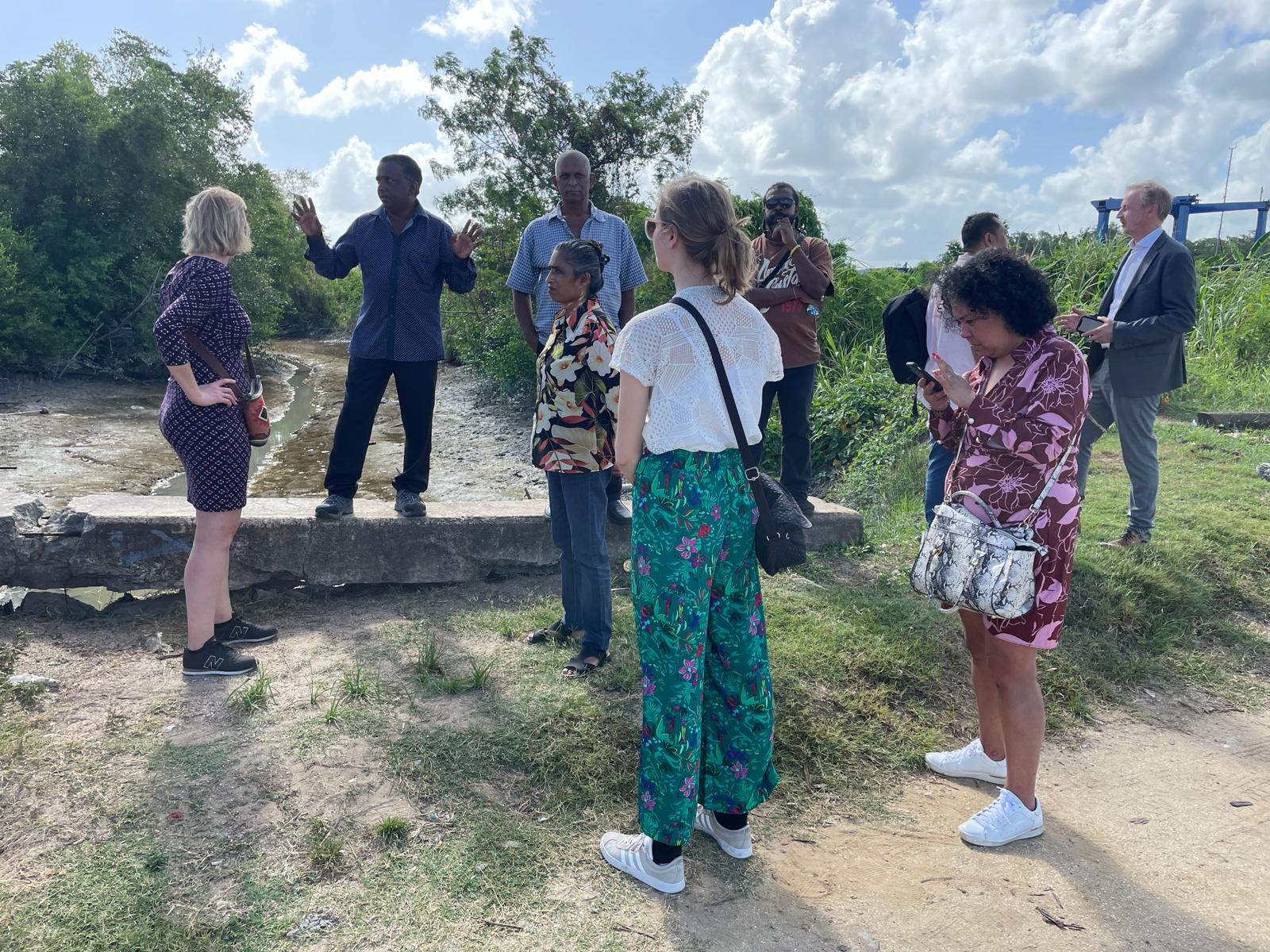New project: Suriname's Journey in Integrated Water Management
26 March 2024Water, the essence of life, is a resource essential for sustaining ecosystems, communities, and economies. Yet, for Suriname, a nation nestled in the heart of South America, water poses both challenges and opportunities. From the streets of Paramaribo to the serene expanses of the Suriname River, the country faces issues ranging from flooding to water quality degradation. In response to these pressing concerns, Suriname has embarked on a transformative journey towards integrated water management, with a focus on strengthening governance structures.
A Collaborative Approach - Makandra
Central to Suriname's efforts is the Department of Integrated Water Management (IWM), operating under the Directorate of Water. Recognizing the need for capacity building within the department, the Ministry of Natural Resources sought support from international partners. World Waternet (WWN) and Rijkswaterstaat (RWS) from the Netherlands, started a collaboration and project named: Strengthening integrated Water management.
This cooperation is funded, by the Makandra programme, an initiative of the Ministry of Foreign Affairs that is carried out by the Netherlands Enterprise Agency (RVO). Commencing in February 2023 and concluding in May 2024, the Makandra project aims to fortify the capabilities of Suriname's Department of Integrated Water Management. Through a series of activities and engagements, the project endeavors to empower Surinamese stakeholders to tackle water-related challenges effectively.
Milestones Achieved
The journey commenced with the first work visit from 18th to 27th February 2024, in various locations across Suriname. Key outcomes of the project include:
- Conducting a comprehensive governance assessment within the Directorate of Water, aligning with OECD principles for water governance.
- Equipping IWM personnel with skills in policy development and assessment related to integrated water management.
- Strengthening internal organization through knowledge exchange and practical examples, with a focus on watershed management.
- Prioritizing key stakeholders in water management along the Suriname River through stakeholder analysis.
- Delivering a comprehensive report outlining opportunities for enhancing integrated water management of the Suriname River.
- Facilitating training sessions and knowledge exchange initiatives on integrated water management and watershed cooperation.
- Sharing Insights and Recommendations

Drawing from observations and discussions during the work visit, several key insights emerged, accompanied by actionable recommendations:
- Urgent attention is warranted towards improving drainage infrastructure in urban centers like Paramaribo, coupled with robust maintenance strategies.
- Enhanced coordination between ministries is imperative for effective water management, underscoring the need for interdepartmental collaboration.
- Emphasizing lake management and continuous infrastructure monitoring is crucial to safeguarding Suriname's water resources.
- Stakeholder engagement and communication are pivotal for fostering transparent and inclusive water governance practices.
- The formulation and implementation of a national water policy plan are essential to address existing challenges comprehensively.
Charting the Path Forward
As the project progresses, stakeholders have agreed upon a series of follow-up actions to sustain momentum and drive tangible outcomes:
- Flexibly adjusting project plans to accommodate evolving priorities and challenges.
- Integrating maintenance budgets and emergency response plans within the operations of the Ministry of Natural Resources.
- Strengthening interdepartmental coordination and standardizing documentation procedures.
- Embracing remote work modalities while ensuring regular communication and progress updates.
- Continuing training initiatives and expertise exchange programs, with a focus on water governance.

In Conclusion
Suriname's journey towards integrated water management underscores the transformative power of collaboration and commitment. We do realisize that Integrated Water Management cannot be achieved in one year, there for the project aims to make small but important steps together with the Ministry of Natural Resources towards future proof water management in Suriname.

